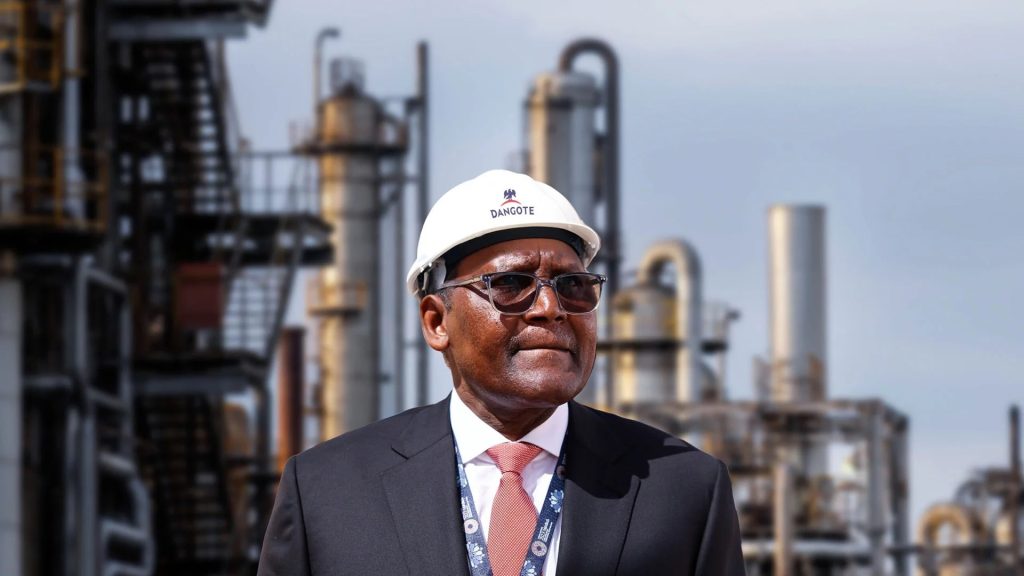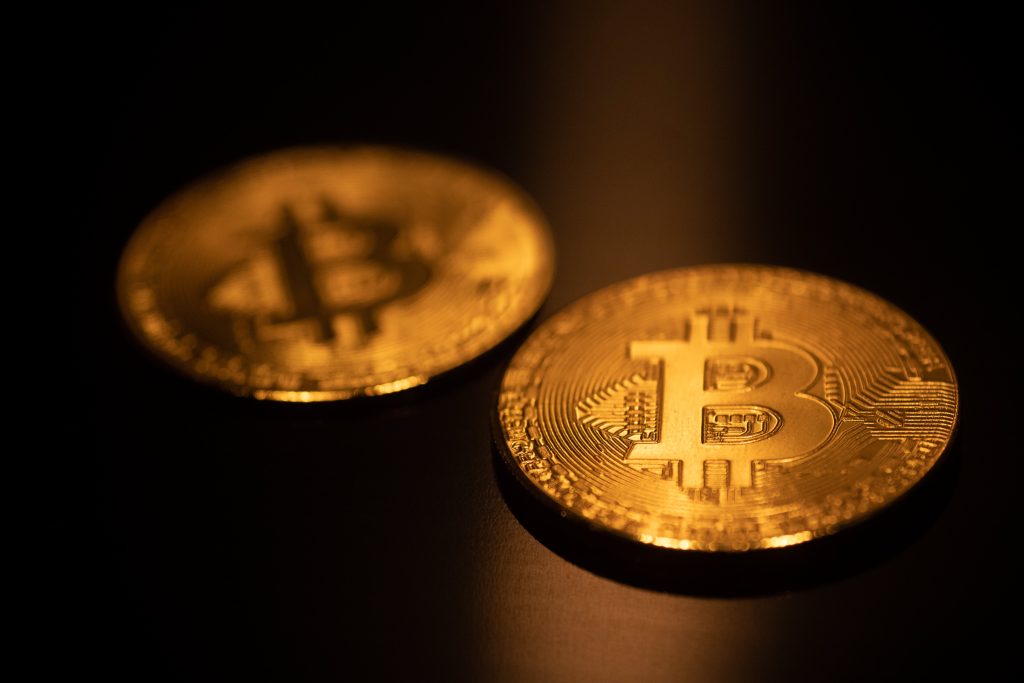The competition in Nigeria’s downstream oil sector intensified on Thursday as Dangote Petroleum Refinery quietly reduced the loading price of its petrol from ₦825 per liter to ₦815 per liter. This strategic price adjustment was well received by oil marketers, many of whom opted to bypass private depot owners and purchase directly from the refinery.
The ₦10 per liter reduction is expected to trigger a competitive response from private fuel depots, forcing them to lower their own prices to maintain their market position.
Market Reactions and Competitive Adjustments
The decision by Dangote Refinery to lower its price follows a recent report by FRONTPAGE, which highlighted that the landing cost of imported petrol had dropped to ₦774.72 per liter. This decline, amounting to₦50.28 from the previous₦825 per liter at the refinery’s loading gantry, led industry experts to predict a possible reduction in pump prices to around₦800 per liter.
Market insiders reported that this pricing battle saw retail marketers shifting from Dangote’s locally refined petrol to imported products due to lower costs. The National Publicity Secretary of the Independent Marketers Association of Nigeria (IPMAN), Chief Ukadike Chinedu, noted that fluctuations in crude oil prices directly impact the cost of fuel production. He stated that a further drop in crude oil prices could push petrol prices even lower.
To maintain its market share, Dangote’s 650,000 barrels-per-day capacity refinery adjusted its loading cost to ₦815 per liter. When combined with the ₦10 levy imposed by the Nigerian Midstream and Downstream Petroleum Regulatory Authority (NMDPRA), the final ex-depot price now stands at ₦825 per liter.
Private Depots Respond to the Price Drop
In reaction to Dangote’s price reduction, private depot operators in Lagos also adjusted their prices, with most reducing their loading prices from ₦830 to ₦825 per liter.
A price analysis of various private depots revealed the following adjustments:
- AA RANO Depot – Maintained its loading price at ₦830 per litre
- MENJ Depot – Kept its price unchanged at ₦830 per litre
- BOVAS Depot – Lowered its price to ₦826 per litre
- WOSBAB Depot – Provided an estimate of ₦831 per litre
- AITEO Depot – Reduced its price from ₦832 to ₦827 per litre
- Integrated Depot – Sold at ₦826 per litre
- RAINOIL Depot – Adjusted its price to ₦831 per litre
A marketer, speaking anonymously, confirmed the price drop, stating that it was driven by market forces. Another marketer verified that the refinery initially issued a pro forma invoice reflecting the new price but later recalled it due to an error.
Fluctuating Petrol Landing Costs
Despite the reduction in Dangote’s refinery prices, the landing cost of imported petrol has increased from ₦774.72 per liter to ₦803.35 per liter. However, this remains cheaper than Dangote Refinery’s current ex-depot price, according to the Major Energies Marketers Association of Nigeria (MEMAN).
An official from Dangote Refinery, when contacted, declined to confirm the price change, stating, “We currently don’t have any information about that, but you can report what marketers told you.”
The Impact of Deregulation on Fuel Prices
The ongoing price war reflects the effects of deregulation in Nigeria’s downstream sector. With no government-fixed prices, market dynamics, competition, and fluctuations in global oil prices are dictating fuel costs.
IPMAN’s Chief Chinedu Ukadike remarked that Dangote’s price reduction was a strategic move to protect its market dominance. He explained that the refinery holds millions of litres in stock and must stay competitive to prevent imported petrol from dominating the market.
What This Means for Consumers
If the trend of falling crude oil prices continues, petrol prices in Nigeria could drop further in the coming weeks. Retail pump prices could soon settle around ₦800 per liter, providing some relief to consumers facing economic hardship.
However, the rising landing cost of imported gasoline may counteract these reductions, leading to price fluctuations in the coming months. Stakeholders in the oil and gas sector will closely monitor developments to see if further reductions or adjustments occur.
As competition stiffens, Nigerian consumers may ultimately benefit from lower petrol prices, reinforcing the benefits of a deregulated market where price competition leads to affordability.













